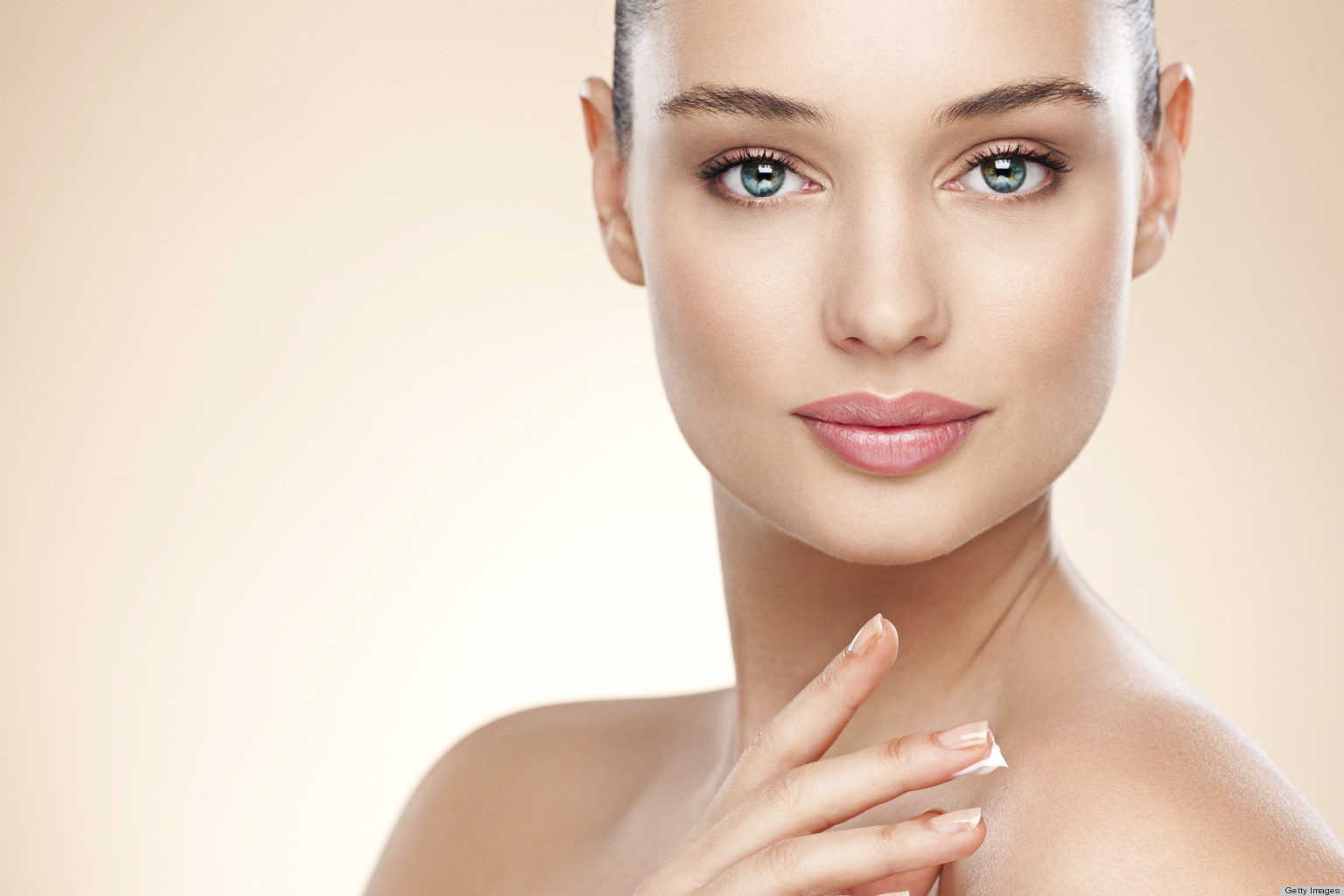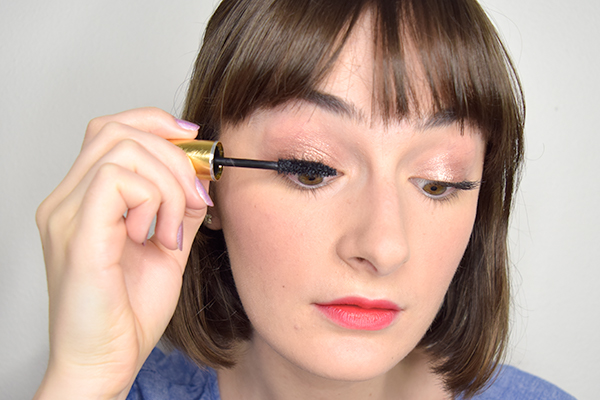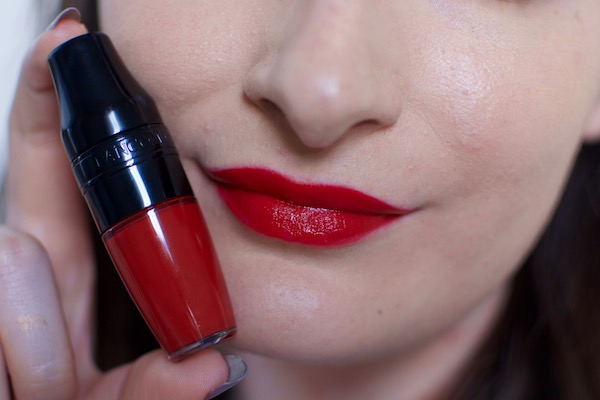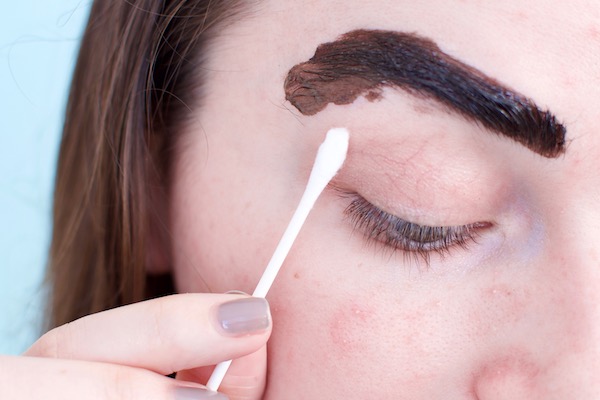Are you at risk from your cosmetics?
Products like lipstick, moisturizing lotion, foundation, and mascara are made with many different ingredients– many of them difficult to pronounce and highly suspicious. Silicone is one such ingredient. It is a synthetic ingredient, meaning it is man-made. It’s added to your beauty products for a number of reasons:
- It is water-resistant
- It helps your skin to retain moisture
- It can help color pigment adhere to your hair and skin
- It makes your skincare products feel silky smooth
- It can protect your hair
- It makes it easy to apply creams and lotions smoothly without the oily film on your skin
However, there are some concerns regarding the use of silicone in cosmetics. Despite the studies that show that silicone is safe for use on your skin, many experts are concerned that the silicone will accumulate on your skin over time. This bioaccumulation on your skin may lead to damage or skin problems, which is why silicone has been placed on the Dirty Dozen list of cosmetic chemicals to avoid.
In Europe, one form of silicone is believed to be disruptive to your endocrine system. D4, also known as cyclotetrasiloxane, is classified as an endocrine disruptor, giving anti-silicone advocates further proof of the chemical’s danger.
Companies wishing to market eco-friendly products will often use “silicone-free” on their labels. This not only enhances the average consumer’s desire to buy the product (after all, anything that is “removed” from products has to be bad, right?), but it heightens the public’s fear of silicone.

READ MORE: Dangerous Chemicals Lurking in Your Shampoo
Despite these beliefs, there is no proof that silicone is harmful to the human body. Yes, silicone may be a synthetic ingredient, but there are many man-made ingredients that provide benefits beyond what the natural ingredients can provide.
Multiple studies have been conducted into the use of silicone on human skin, and they have all concluded that the ingredient is safe. In 2009, Health Canada reviewed forms of silicone that have been in use since the 1970s, and the organization concluded that the three types of silicone evaluated were perfectly safe for human use.
As mentioned above, silicone can actually provide a number of benefits, which is why it is used in such a wide range of cosmetics and skincare products. The ability to trap moisture in the skin, protect your hair, and resist water absorption makes it useful for a wide range of cosmetic applications. The fact that it has been deemed safe for human use means that you don’t need to worry about using it.
Should you buy silicone-free cosmetics? If, after reading this article and doing further research, you still believe silicone is best avoided, then by all means buy silicone-free products. You can find a number of cosmetics that use waxes and oils derived from flowers, herbs, and plants. The products offer excellent value and similar benefits, but without containing silicone.
However, as a smart consumer, you can understand that silicone poses very little risk to your health. You can purchase silicone products without worrying about the harm they will do to your body. Silicone products are safe to use on your hair and skin, even around your eyes. Silicone may not be a natural ingredient, but it’s one that has been formulated to be safe for human use. There’s no need to fall prey to the hype marketing of “silicone-free” products that purport to be eco-friendly and “safer” for human use!








